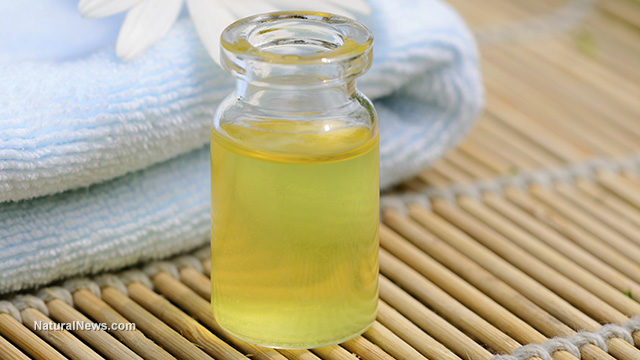Frankincense, both the resin and the essential oil produced from the resin, is a popular topic on social media boards these days, and there is a lot of hype and controversy surrounding what it can and cannot do.
People have used frankincense resin for centuries in the Middle East, Africa and India, and its use is a staple in Ayurvedic medicine today, which treats the mind, body and spirit. There are approximately 20 different species of frankincense, but the three most popular forms used today are Boswellia serrata, Boswellia frereana and Boswellia carterii.
All types of frankincense come from a family of trees in the Boswellia family, but each variety grows in a different location, and there are different chemical properties in each. Boswellia serrata can be found in India, Boswellia carterii in East Africa and China, and Boswellia frereana in Somalia.
Frankincense resin from the Boswellia serrata tree has been used in the treatment of rheumatoid arthritis and Crohn’s disease due to its anti-inflammatory properties. The resin also possesses anti-fungal and antibacterial properties, but the most exciting studies have shown the potential for frankincense having anti-cancer properties, as there has been evidence of anti-cancer effects on human meningioma cells, leukemia cells, breast cancer cells, bladder cells and colon cancer cells, though all done in limited cellular studies.
The anti-inflammatory properties of frankincense, and in particular the Boswellia serrata variety, have undergone numerous studies. In one study comparing this form of frankincense against valdecoxib, done in 2007, frankincense caused patients to have fewer gastrointestinal side effects than those who were taking valdecoxib. This study suggests that patients who have side effects to common over-the-counter anti-inflammatory and prescription medications may be able to tolerate frankincense better and achieve the same benefits.
Traditional medicine is taking a look at frankincense and its potential in treating arthritis. Even the Arthritis Foundation and the British Medical Journal suggest that the compounds found in frankincense may help both rheumatoid arthritis and osteoarthritis, as well as potentially halt autoimmune responses and prevent cartilage loss.
Is frankincense all hype with no substance? Only consumers can make that decision for themselves. The preliminary data from a variety of medical studies shows that more research is needed to answer this question definitively, but the suggestion is there that frankincense lives up to its reputation.





